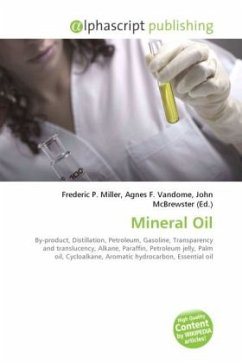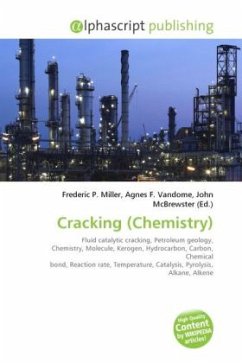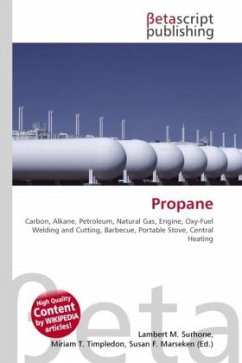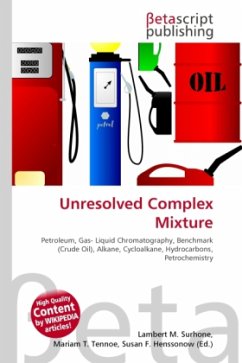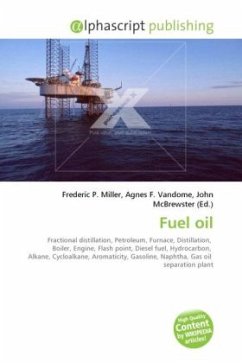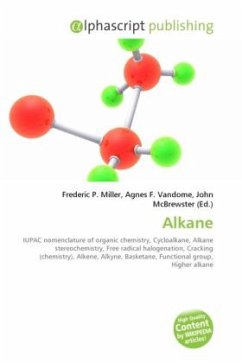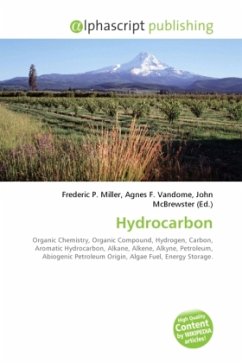High Quality Content by WIKIPEDIA articles! Mineral oil or liquid petroleum is a by-product in the distillation of petroleum to produce gasoline and other petroleum based products from crude oil. It is a transparent, colorless oil composed mainly of alkanes (typically 15 to 40 carbons) and cyclic paraffins, related to petroleum jelly (also known as "white petrolatum"). It has a density of around 0.8 g/cm3. Mineral oil is a substance of relatively low value, and it is produced in very large quantities. Mineral oil is available in light and heavy grades, and can often be found in drug stores. In the late 1800s, the term "mineral oil" or "rock oil" was first used to describe the petroleum hydrocarbons and associated products that were produced from wells that tapped underground reservoirs. The term differentiated petroleum hydrocarbons produced from underground sources from other common oil sources at the time, such as palm oil or whale oil. In today's petroleum exploration and production (E&P) business, the phrase "mineral oil" is most often used in legal documents to define and encompass all of the liquid hydrocarbon and gaseous products produced from wells drilled into underground petroleum-bearing reservoirs.
Bitte wählen Sie Ihr Anliegen aus.
Rechnungen
Retourenschein anfordern
Bestellstatus
Storno

